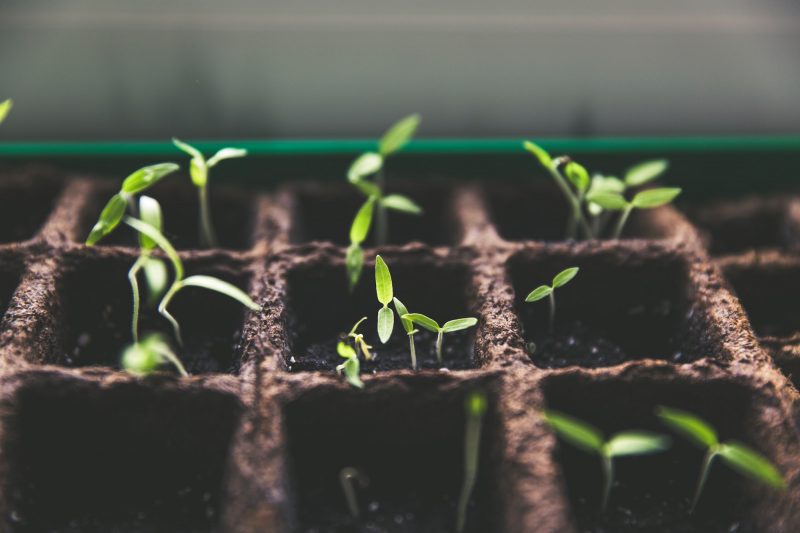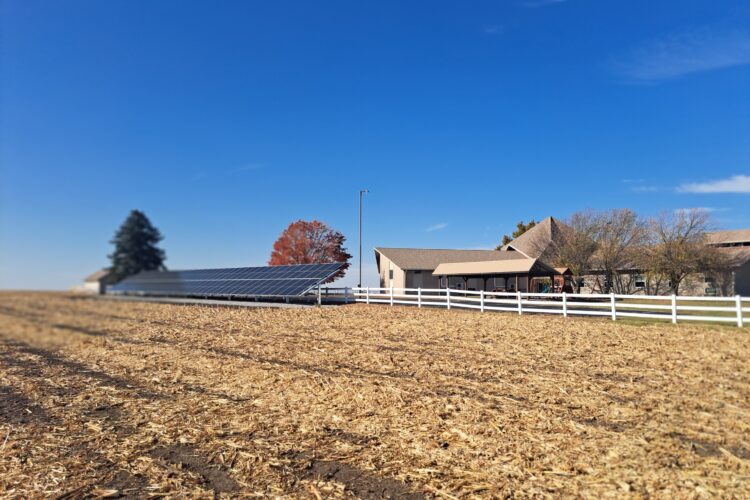Weeding out Systemic Oppression in Our Garden

By Katie Breslin.
THIS YEAR, I started a garden at a local farm. I didn’t know what I was doing when I signed up, just the basic principles like make sure the plants have water and to pull weeds, but that was about it. Thankfully friends and my plot neighbors gave me plants and guidance. In the beginning, I was diligent about pulling the weeds and watering regularly. But then, it started to get hot. I got busy with work. When I visited the plot, I would see all of the weeds that I was ignoring. I kept putting off pulling the weeds. When I looked deep into my tomato plants, I would see more weeds, looking back at me. I started to avoid looking at the roots. It was easy to avoid pulling the weeds because I couldn’t even see them. One day I went to the plot and I saw one of my tomato plants died because of my neglect. I knew what I had to do. I pulled up the red basket that was put aside for weeding and started to get to work.
Friends, many of us haven’t been pulling the weeds of systemic oppression within the Religious Society of Friends. When the tasks ahead of us have made us uncomfortable, many of us have felt overwhelmed and decided it was too hot to go outside today. Or perhaps we have been pulling a few weeds, but never at the root, because we didn’t think we had time or resources to properly pull from the ground. We have been supporting stopgap measures instead of going deep into the tomato plants to see what the root causes of these problems are. Many of us have been ignoring our own history of oppression. The roots are getting deeper and us ignoring the problem isn’t going to make it better.
Throughout Quaker history, Friends have looked at the world in front of them and dreamed of a better one. Whether it be the recognition of corrupt clergy or believing in a world free of war, at the core of our theology comes a sense of responsibility to work toward a more just world. Some Friends would say to build the kingdom of God on Earth. If we look throughout our history, we can see moments where Friends actively upheld white supremacy, such as the way many early Meetings denied membership to black Friends. Sometimes it comes in the form of hiding behind overblown involvement in the underground railroad.
Ibram X. Kendi, in his book, How to be Antiracist, writes that being antiracist is about challenging the idea of racial hierarchy and instead working toward racial equity. He calls denial “the heartbeat of racism.” Accepting racial hierarchy may not look like denying membership today, but the roots of the policies are still present. Friends have a responsibility to work toward a world free of racism. It will include coming to terms with our history and looking at ways our policies and practices uphold racial hierarchy. This is not a suggestion. Our garden is overflowing with weeds and the temperature is not an excuse.
When I look around the community garden, I see beautiful plots farmed by my neighbors. It reminds me that there are people who have a vision for this world we seek. There are Friends who have been leading antiracist initiatives that we must support and embrace. We are beyond time for problems to be solved by a book club about racism. We must move beyond rhetoric like “but my uncle is a cop.” If we are not helping get to the roots of the problem by supporting antiracist policies, we are not working toward a more just world. We are simply ignoring the weeds.

